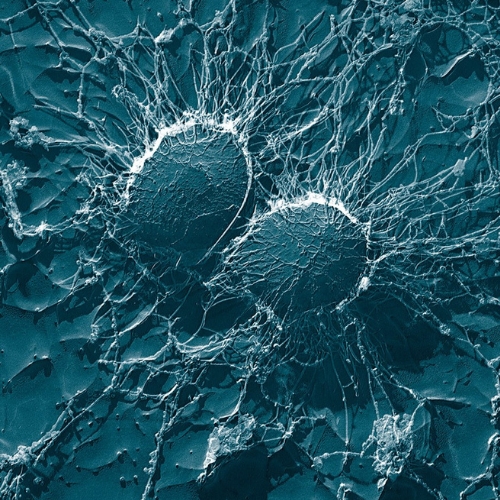Key points from article :
A new study published in Nature Chemistry reveals that certain gut bacteria can interfere with the effectiveness of commonly prescribed medications. The research, led by Dr. Qihao Wu from the University of Pittsburgh School of Pharmacy, highlights how microbes in our digestive system can chemically alter drugs, potentially reducing their impact.
The team created a synthetic community of 30 common gut bacteria and tested their reactions to 127 drugs targeting G protein-coupled receptors (GPCRs) — proteins involved in key bodily processes and the target of medications for conditions such as depression, diabetes, and prostate cancer. They discovered that the bacteria were able to chemically modify 30 of these drugs, with 12 significantly broken down.
One notable finding involved the drug ziprasidone, used for schizophrenia and bipolar disorder, which was inactivated by a strain called Morganella morganii. This kind of microbial interference could explain why some treatments work differently from person to person, influenced by individual gut microbiomes, diets, and genetics.
While the study was conducted in lab conditions, the researchers aim to explore how these findings translate to real-world patients. Understanding these interactions could pave the way for more personalized medicine and safer, more effective drug development. The team also suggests their approach could be used to study how gut bacteria interact with compounds in food, possibly offering protection from harmful plant-based chemicals.






